If you wrote it, read it or saw it on your Mac, Atlas Recall can find it again swiftly and easily. One of AppleInsider's overloaded staffers gives it a whirl.
You know that company's name you're trying to remember is in that article about Tesla that you read a few weeks ago — but a Google search throws up thousands of articles. You're certain you wrote it in Apple Notes, or maybe Slack, but Spotlight isn't finding it. Odds are, that Atlas Recall 1.18.6 will get it right away.
Atlas Recall is a Mac app with an iPhone companion that you leave running all the time. While Spotlight indexes your hard disk, Atlas Recall instead watches all you do and takes notes.
It also takes screen grabs. So when you're searching for a website, the results it shows you include an image it took of the page when you were last looking at it.
Starting a search is as quick as finding the results. Atlas Recall sits in your menubar and can be called up with a click or a keystroke. By default it offers to show you all recent items but then it asks you to fill in a blank showing you "everything (blank) from all time."
Instead of everything, you can choose to see just documents, emails, videos or so on. Instead of All Time you can pick today, last week, this year or as specific a date range as you want.
All of that is optional: you could make no choices and write no text. If you do that, Atlas Recall shows you everything, starting with the most recent.
This combination of simple searching, simple narrowing down those searches and the visual representation of results is excellent. All of which makes Atlas Recall sound perfect - and perfectly the same as Spotlight. While Spotlight doesn't show you images of every search result at once, as you click through its list of results it does display one individual image.
Spotlight is also likely to give you more results. It would do because it's indexed your entire hard disk where Atlas Recall records things as you do them.
Consequently, you can't have a lot of luck searching for something you did before you installed Atlas Recall. We won't be able to test the Last Year option for many months yet.
Over time, though, Atlas Recall's main results should become indistinguishable from Spotlight yet this isn't about feature comparisons or waiting. Each form of search does different things. While you use them both for searching, what they each look for and what each they find is different.
So for instance, Atlas Recall can find messages in Slack that Spotlight can't — while Apple's offering will conduct a new search on Wikipedia for you
The fact that Atlas Recall remembers so much of what you're doing and the fact that its results are so visually clear is excellent. What makes this app really worth having is that it makes you fast too.
You can exaggerate the benefits and the makers do: they claim that we each spend the equivalent of an entire day a week searching for things on our computers. They must've asked workers with very secure jobs and highly patient bosses.
Nevertheless, Atlas Recall does work and it does make you faster. It's especially handy for half-remembered things. When you remember a word or even just that it was a web page you read about a week ago, Atlas Recall nails it instantly.
There are reasons to not want it to do that, though. There are a couple of issues that you have to think about but actually none that have stopped us using it. The first is security: this record of everything you're doing and looking at is stored within the app - and then on the cloud.
You don't as yet get a choice of what cloud either: Atlas Recall uses Amazon's AWS. As clouds go, that's got to be among the most secure as myriad high-profile companies use it.
Yet, for all its security, AWS is still a cloud and by definition is likely not as secure as keeping it all on your local disk. Mind you, since it takes screen-grabs all the time, the Atlas Recall database is growing and could presumably become unmanageably large on your Mac.
It's hard to see what will happen as more people use the service and that's another point here: Atlas Recall is a service. Right now it has spent months in an open, free beta and the makers say it will continue to do so for some time.
It's possible that the service will even stay free for a period after it comes out of beta but we can't know that — and we can't get even approximate pricing now. We'll be happier when we know that.
We'll be happier too when there's an iPad version of the iOS companion app. Right now you can use the iPhone one on either phone or iPad but it's scaled up for the larger screens and looks terrible. There's also a little bug with logging in which means you have to remember to use all lowercase for your username even if you typed mixed upper- and lowercase when you signed up.
All the iPhone app can do is show you your results from your Mac, too, but that turns out to be remarkably useful. You can find things you read and then from within Atlas Recall either open them or share them on to other iOS apps.
You're not necessarily sharing what you actually looked for, though. For instance, if the search turns up an Apple Mail message and choose Open, you get a larger image rather than the email itself.
In this example, if you share that result to someone else by email, they get the same larger image.
If you found a website, though, then what's opened or shared is the address of it so that's more useful.
Ironically, for something that needs cloud storage to work, Atlas Recall 1.18.6 feels like a tool you keep close to yourself and which is really only useful for you as an individual. It will make you find appointments faster, you won't lose work so easily or time so much when you're trying to get on with your day.
At present, Atlas Recall is free.
 Mike Wuerthele and William Gallagher
Mike Wuerthele and William Gallagher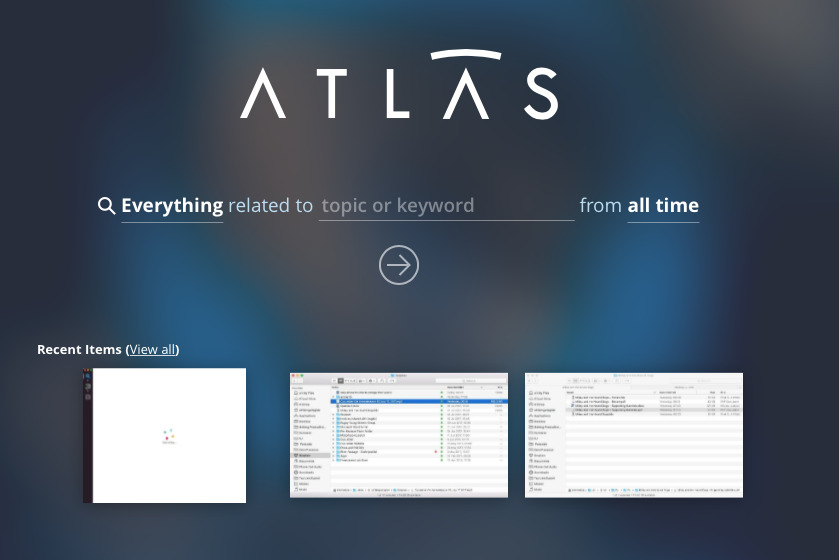
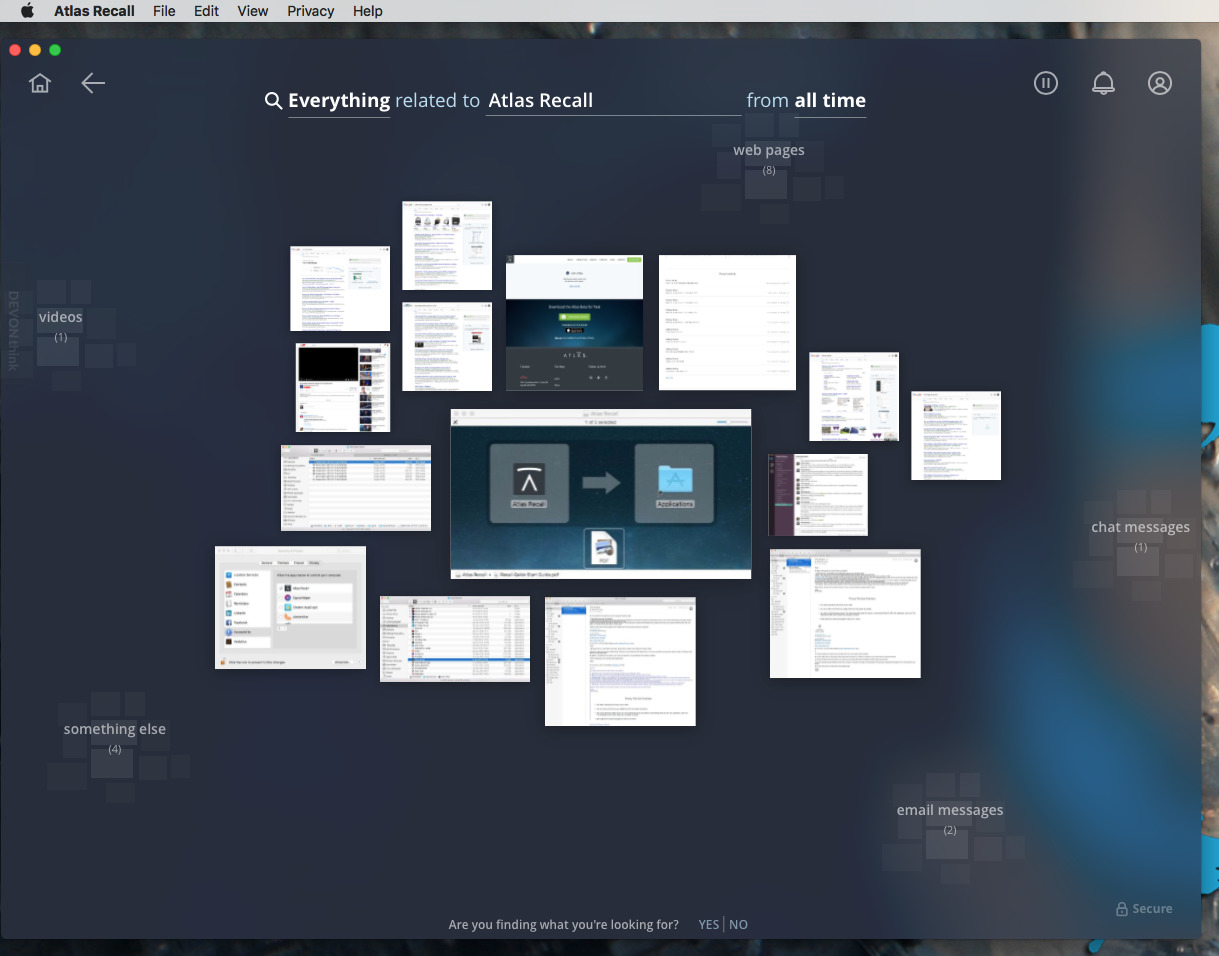

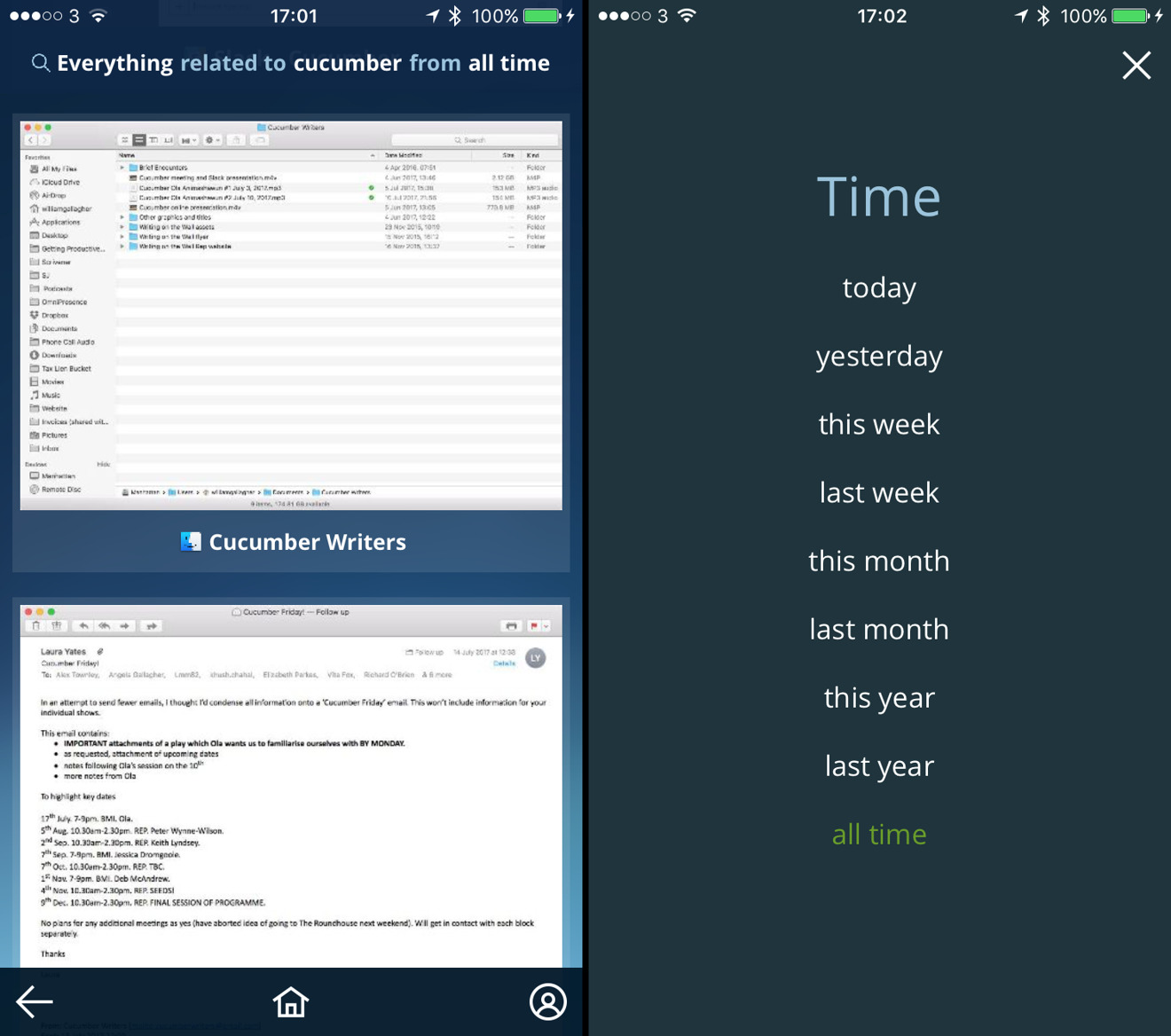




-m.jpg)


-m.jpg)





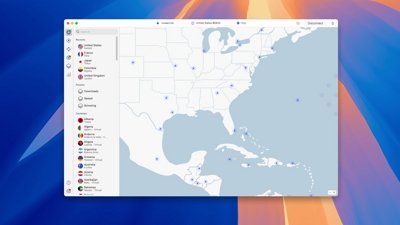
 Malcolm Owen
Malcolm Owen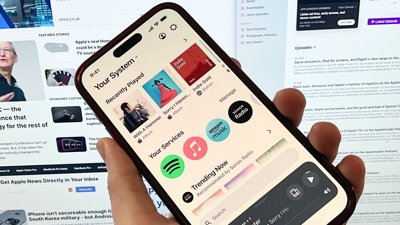
 William Gallagher
William Gallagher
 Amber Neely
Amber Neely
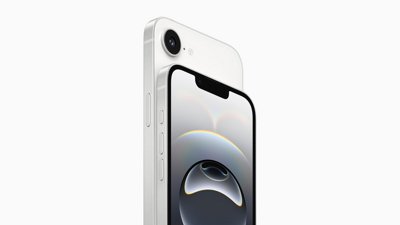
 Andrew Orr
Andrew Orr
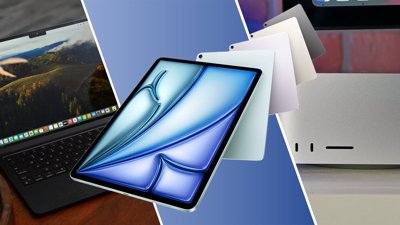
 Christine McKee
Christine McKee
 Andrew O'Hara
Andrew O'Hara
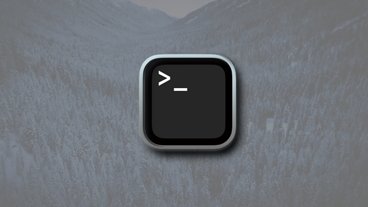





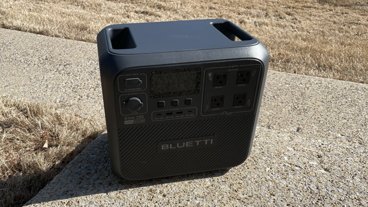

23 Comments
"With Atlas, your content is automatically saved in a secure cloud, so you can stop worrying about misplacing your files or emails". Cloud? No, thank you!
I’m not wearing a tinfoil hat like Appex, but 5he product should at a dead minimum detail it’s encryption so that we know employees can’t get into it, and preferably offer the OPTION of not having that material stored in the cloud at all.
Hmm, interesting idea, but I'd certainly want history. And, this seems a bit over the top. All I really want is a version of Spotlight that actually works (and that they haven't mucked up the UI that used to be better).
I'm not against the idea, but I can't say I have any issues with Spotlight or "loss" enough items that I need a 3rd-party solution.
They detail it more than most companies.
A very different product with a similar purpose is HistoryHound - http://www.stclairsoft.com/HistoryHound/index.html
HistoryHound is limited to your browser history, not everything you've seen anywhere. It indexes the contents of everything you've browsed (using Spotlight) and keeps track of the links. It has no cloud component - everything is on your local machine. (However, because of the way Safari makes all your open pages on all your devices accessible from any of them, HistoryHound running on any one of them ends up seeing all of them.)
No connection with the maker, just a long-time user....